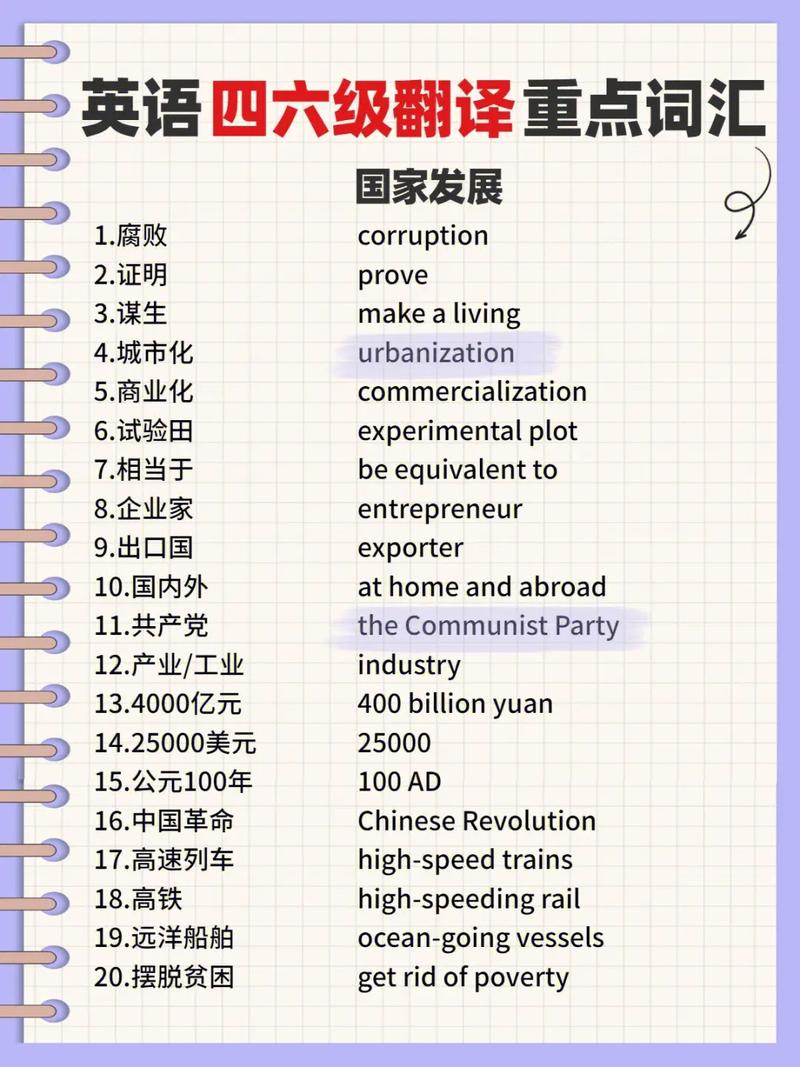Translation of "权利" into English
In English, "权利" can be translated as "rights" or "privileges" depending on the context. Here are some common translations and explanations:
1.
Rights
:In a legal or political context, "权利" refers to fundamental entitlements or freedoms that individuals possess, often protected by law or recognized as inherent to human beings. Examples include:
Human Rights
: Basic rights and freedoms to which all humans are entitled, such as the right to life, liberty, and equality before the law.
Civil Rights
: Rights that protect individuals' freedom from infringement by governments, social organizations, and private individuals, such as freedom of speech, assembly, and religion.
Legal Rights
: Entitlements conferred by law, such as the right to a fair trial, the right to property, and the right to due process.2.
Privileges
:"权利" can also denote special advantages or benefits granted to individuals or groups, often based on social status, position, or authority. Examples include:
Privileges of Office
: Benefits or advantages associated with holding a particular position or role, such as diplomatic immunity or access to exclusive facilities.
Membership Privileges
: Special rights or benefits afforded to members of a group or organization, such as discounts, exclusive access, or voting rights.3.
Entitlements
:This term is often used interchangeably with "rights" and refers to legally or morally justifiable claims or benefits that individuals possess. It encompasses both legal rights and social privileges.
4.
Authority
:In some contexts, "权利" can refer to authority or power vested in individuals or institutions to make decisions or enforce rules. This can include:
Legal Authority
: The power granted by law to individuals or entities to act or make decisions within a specified domain, such as judicial authority or executive authority.
Moral Authority
: The perceived right to exercise influence or control based on ethical principles, expertise, or legitimacy.Overall, the translation of "权利" into English requires careful consideration of the specific context in which it is used, as it can encompass a broad range of meanings related to rights, privileges, entitlements, and authority.











